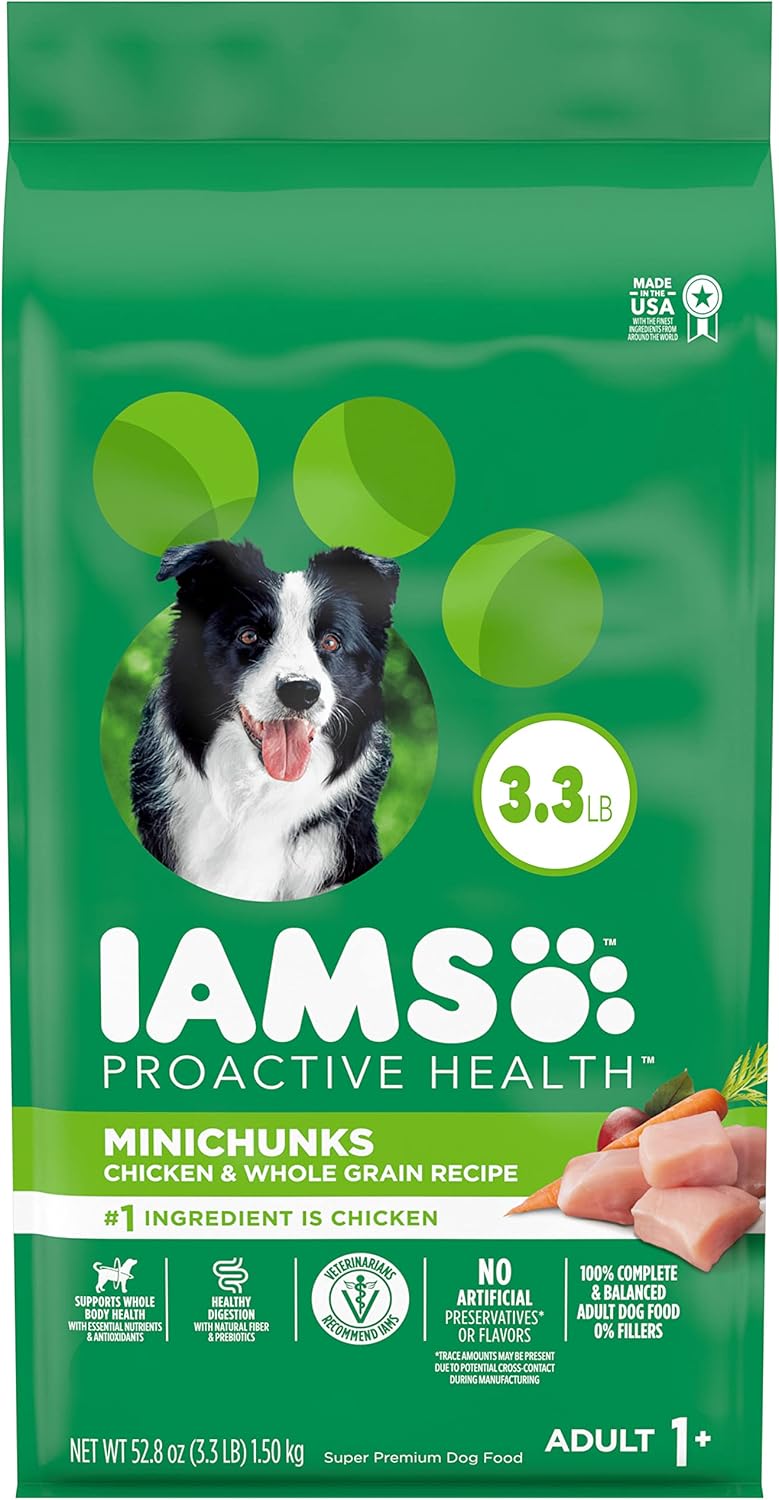Introduction
Understanding Kidney Disease in Dogs
Key Nutritional Considerations for Homemade Dog Food
Homemade Dog Food Recipes for Kidney Disease
Meal Preparation Tips and Techniques
Feeding Guidelines and Schedule

Commercial vs. Homemade Dog Food
Conclusion
FAQs
Q1: Can I substitute ingredients in the homemade dog food recipes?
While it's important to stick to the general guidelines for a kidney-friendly diet, you can make minor ingredient substitutions based on your dog's preferences and dietary needs. Before making any substantial modifications to the recipes, it is advised that you speak with your veterinarian.
Q2: How often should I consult with my veterinarian when feeding homemade dog food?
Consulting with your veterinarian regularly is essential when feeding homemade dog food, especially for dogs with kidney disease. Your vet can assess your dog's health, monitor their progress, and make any necessary adjustments to the diet. They can provide guidance on portion sizes, and nutrient requirements, and address any concerns or questions you may have.
Q3: Can homemade dog food alone cure kidney disease in dogs?
Homemade dog food cannot cure kidney disease in dogs, as it is a chronic condition. However, a well-balanced and vet-approved homemade diet can help manage the disease and support your dog's overall health. It is crucial to follow the recommended guidelines from your veterinarian and work in conjunction with any prescribed medications or treatments.
Q4: Are there any supplements I should consider adding to the homemade dog food?
Supplements may be beneficial for dogs with kidney disease, but it's important to consult with your veterinarian before adding any to the homemade dog food. Omega-3 fatty acids, such as fish oil, can help reduce inflammation. However, the specific supplements and dosages should be determined based on your dog's individual needs and the vet's recommendation.
Q5: What are the common mistakes to avoid when preparing homemade dog food for kidney disease?
When preparing homemade dog food for kidney disease, it's crucial to avoid the following common mistakes: Inadequate moisture: Ensure the recipes contain sufficient moisture to support kidney function and prevent dehydration. High phosphorus ingredients: Avoid ingredients rich in phosphorus, such as organ meats, certain fish, and dairy products. Imbalanced nutrition: Pay attention to the balance of protein, phosphorus, and other essential nutrients. Consult with your veterinarian to ensure the recipes meet your dog's dietary requirements. Lack of variety: Provide a diverse range of ingredients to ensure your dog receives a broad spectrum of nutrients. Skipping veterinary consultation: Always consult with your veterinarian to create an appropriate diet plan and monitor your dog's progress.
Read also
- Understanding the Phrase “My Dogs Are Barking” and Its Meaning
- Your Pitbull’s Skin Allergies Can’t Wait!
- Dog Hiking Gear: Essential Products for Your Canine Companion
- Discover the Fascinating Characteristics of the Walter Dog Breed
- The Ultimate Guide: How to Give a Dog a Pill When They’re Not Eating
- Top 10 Best Dog Raincoats | Keep Your Furry Friend Dry in Style
- Unveiling the Fascinating World of Griffon Dog Breed | A Complete Guide
- Lab Shiba Inu Mix: No 1 Unique and Lovable Canine Companion!
- Stop Dog Chewing Furniture: 7 Effective Home Remedy That Work!
- Groom Like a Pro: Top 10 Dog Grooming Tips and Tricks
- World of Blue Dog Breeds – Unveiling Their Unique Charisma
- Best Dog Food for Seniors
- Stop Your Dog Jumping Habits with These Effective Techniques
- Do Dog Dental Chews Work? We Investigate and Reveal the Truth
- Unraveling the Mystery: Why Is Your Dog Chewing His Paws?
- Discover Why Dogs Chew on Their Paws: Common Causes and Effective Solutions
- Stop Dog Nail Bleeding Fast: 5 Easy Home Remedies
- Unveiling the Charms of Chug Dog Breed: A Perfect Blend of Cuteness and Companionship
- Discover the Best Natural Dog Shampoo for a Happy and Healthy Pet
- Exploring the Best Wet Dog Food for Your Canine Companion






